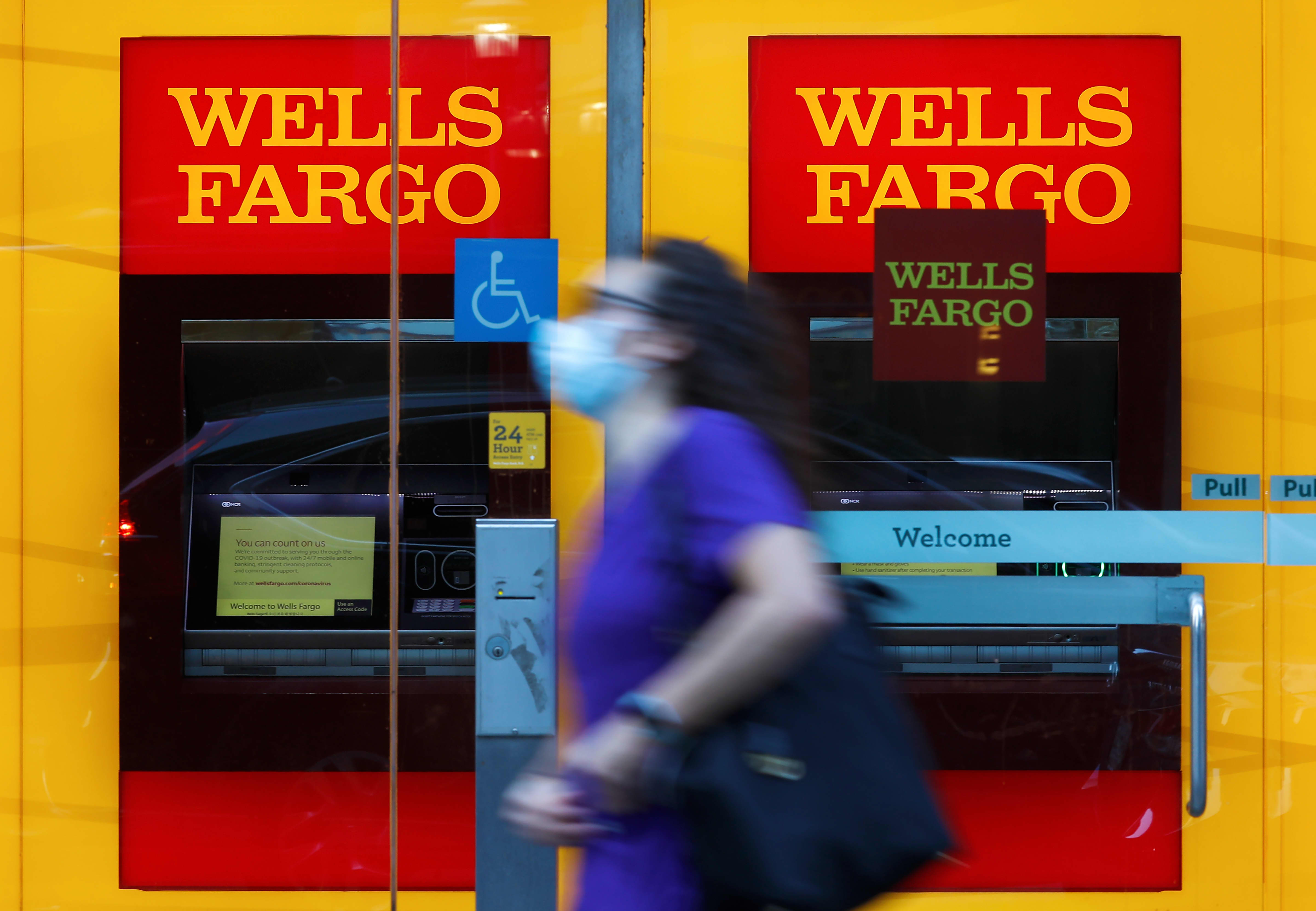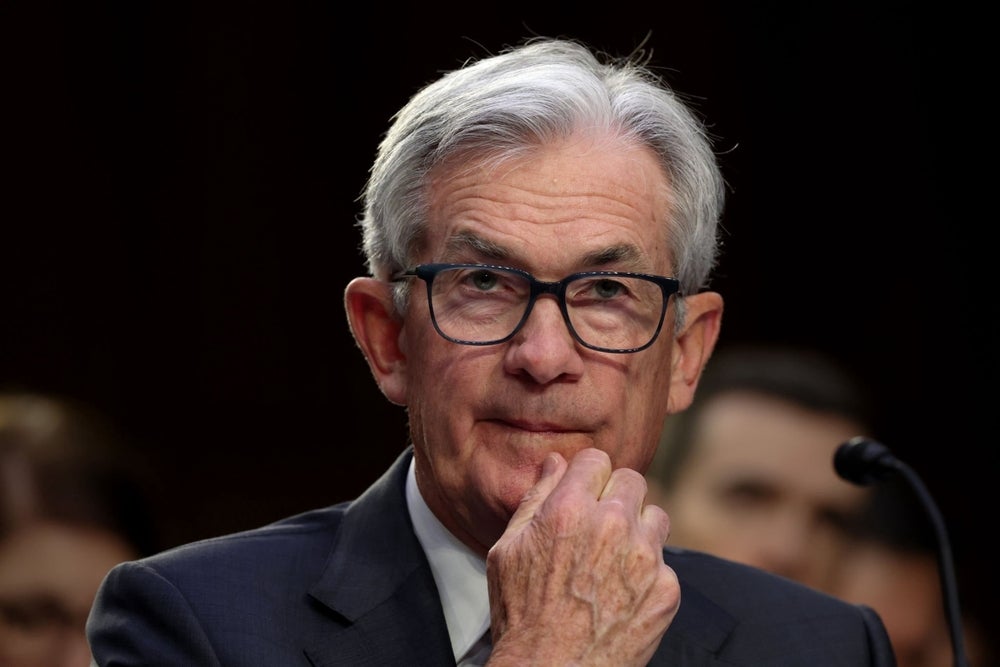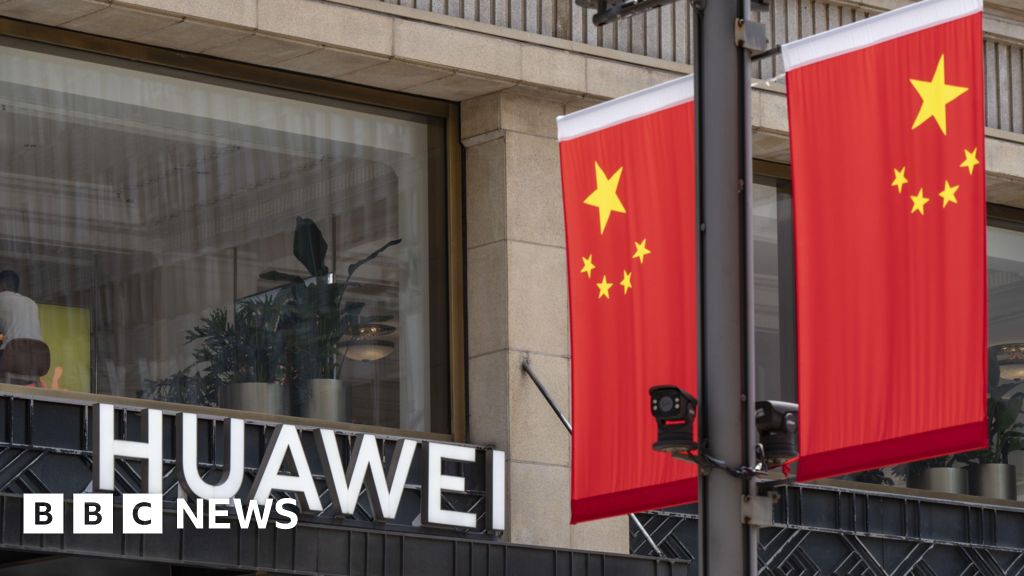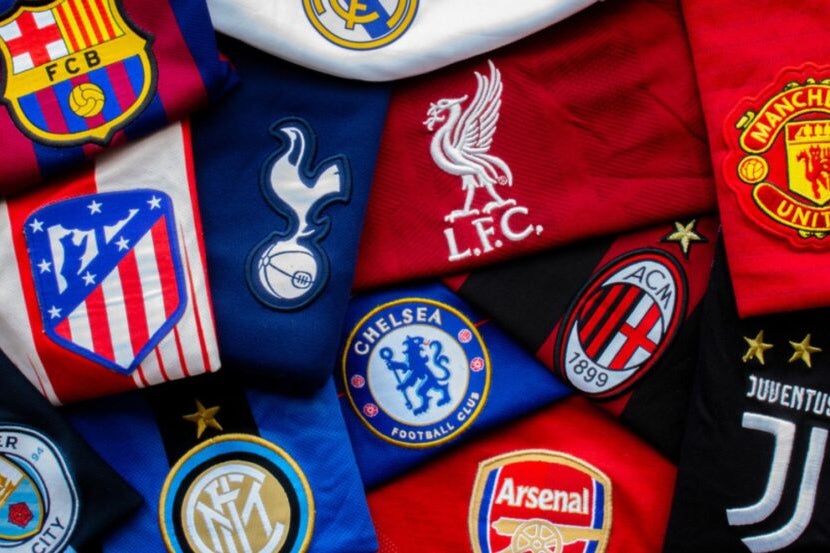On Thursday, July 9, 2020, a pedestrian wearing a protective mask walks through a Wells Fargo & Co. bank branch in New York, United States. Getty Images/Peter Foley/Bloomberg According to CNBC, Wells Fargo is discontinuing a popular consumer loan product, which has enraged some of its consumers. According to customer letters acquired by CNBC, the bank is shutting down all current personal lines of credit in the coming weeks and no longer offers the product. The revolving credit lines, which normally allow users to borrow between $3,000 and $100,000, were marketed as a method to consolidate high-interest credit card debt, pay for home improvements, or avoid overdraft fees on linked bank accounts. “Wells Fargo recently reviewed its product offerings and has chosen to stop selling new Personal and Portfolio line of credit accounts, as well as shutter all existing accounts,” the bank wrote in a six-page letter. According to the bank, the move will allow it to focus on credit cards and personal loans. During the epidemic, Wells Fargo CEO Charles Scharf was compelled to make difficult decisions, including dumping assets and deposits and stepping back from various products because to Federal Reserve restrictions. Wells Fargo was restricted from expanding its balance sheet by the Federal Reserve in 2018 unless it fixed compliance issues highlighted by the bank’s fake accounts scandal. According to analysts, the asset cap has cost the bank billions of dollars in lost revenues over the last three years, based on the balance sheet growth of rivals such as JPMorgan Chase and Bank of America. Customers of Wells Fargo have also been affected: According to CNBC, the lender informed employees last year that all new home equity lines of credit will be halted. The bank also exited a section of the vehicle loan industry a few months later. According to a Frequently Asked Questions section of the letter, Wells Fargo cautioned consumers that the account closures “may have an impact on your credit score.” The account closures could not be reviewed or overturned, according to another section of the FAQ: The bank stated, “We apologize for the inconvenience this Line of Credit cancellation will create.” “The account has been closed for good.” “Reduce the number of options available” Wells Fargo did not directly respond to concerns about the Fed asset cap’s impact, if any, in its current decision. “In an effort to streamline our product offerings, we’ve decided to no longer offer personal lines of credit as we believe we can better meet our customers’ borrowing needs through credit card and personal loan products,” the bank said. According to the statement, customers have been given a 60-day warning that their accounts will be closed, and any outstanding balances will demand regular minimum payments. Given the banking industry’s need to increase loan growth, the move appears odd. Loan growth has been difficult to come by after a boom of business financing during the early days of the pandemic. Corporations have retired bank credit lines with money earned through stock and debt issues, and people stuck at home had fewer reasons to utilize credit cards. According to Barclays bank analyst Jason Goldberg, big banks witnessed the first aggregate reduction in loans in more than a decade last year. Wells Fargo was the bank that suffered the most losses out of the four largest banks in the United States. Banks recently began selling new credit cards with high sign-on bonuses in an effort to improve lending after seeing that borrowers fared significantly better than they had anticipated. Wells Fargo does not say how many consumers used the credit lines that are being phased out. As of March, it had $24.9 billion in loans in the “other consumer” category, which was down 26% from the previous year. After more than a decade with Wells Fargo, one customer said the move has prompted him to transfer banks. To avoid costly overdraft penalties, Tim Tomassi, a Portland, Oregon programmer, said he established a personal line of credit tied to his checking account. “It’s a little disturbing,” Tomassi stated over the phone. “They’re a large bank, and I’m a small individual, and it feels like they’re making decisions based on their profit margins rather than the interests of their clients. Many people are in my situation; they require a line of credit from time to time to provide a cushion.” Tomassi said he’s thinking about getting a bank account with Ally or Chime, which don’t impose overdraft fees. CNBC Pro can help you become a better investor. Get stock recommendations, analyst calls, exclusive interviews, and CNBC TV access. To begin your free trial, simply fill out the form below./n
Read MoreWells Fargo tells customers it’s shuttering all personal lines of credit
2021-07-08T14:34:22-04:00July 8th, 2021|





